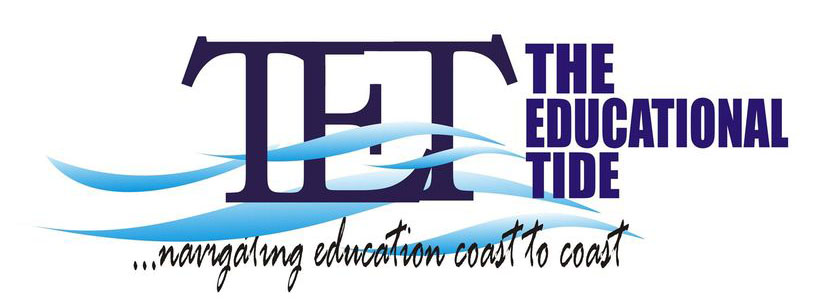Socio-Demographic Survey and Graded Assessment of Non-State Schools have indicated inadequate health services in some private primary schools in Kaduna.
The survey, supported by Partnership for Education for All in Nigeria (PLANE), covered 371 private schools in Kaduna South, Kaduna North, Jaba, Sabon Gari, Sanga, and Soba council areas.
The survey indicated that of the 371 schools, 119 had health facilities, representing 38 percent.
James Fadokun, technical lead on the governance of the non-state system, PLANE, who presented the findings, said 61.7 percent had first aid facilities, while only one percent had a sick bay.
Meanwhile, Samaila Leeman, a permanent member of schools management at the Kaduna State Universal Basic Education Board (Kaduna SUBEB), said most government-owned primary and junior secondary schools in the state had first aid facilities.
He explained that the facilities were handled by health education and science teachers, just as he confirmed that no school in those categories had an ambulance. On monitoring and inspecting schools, the permanent member said measures were implemented to ensure effective surveillance.
Mr. Samaila said the monitoring structure began with the head teacher at the school level, to School Supports Officers and Social Mobilisation Officers, who reported to the head of the department at the Local Government Education Authority (LGEA).
He added that there were also quality assurance officers and quality evaluators under the State Schools Quality Assurance Authority, who equally inspected schools to ensure adherence to minimum standards.
Also, Bello Mohammed, the director of Private Schools Kaduna State Quality Assurance Authority, said the government had established a vigorous registration process.
He said one of the requirements for the establishment of a school was the qualification of the head of the school, adding that approval would not be granted if the head had no professional teaching qualification.
Speaking on other conditions for approval of applications, the director added that permission should only be granted if the institution’s premises contained the minimum education facilities.
He identified some of the required facilities to include a structural plan, which demanded that the internal dimension of each classroom should be at least nine by seven meters.
Souerce:
62% of private schools in Kaduna lack adequate health facilities: Survey














